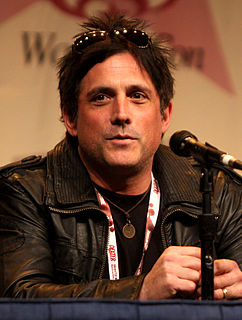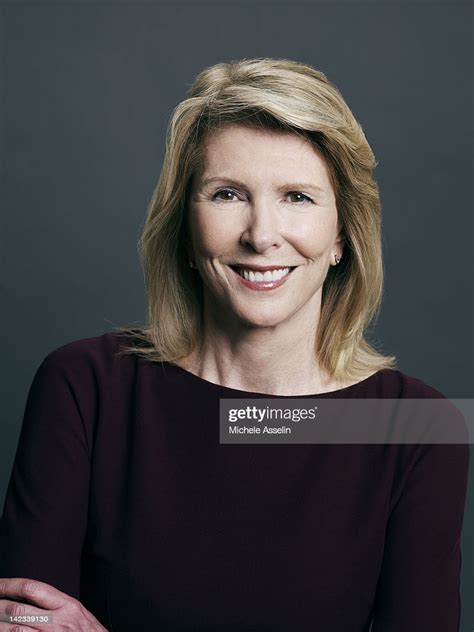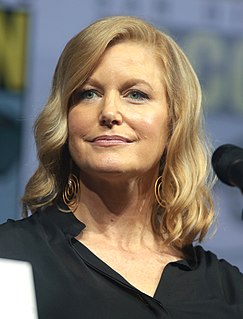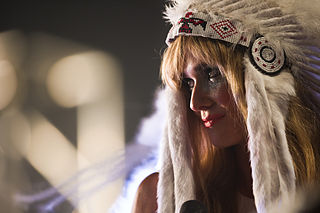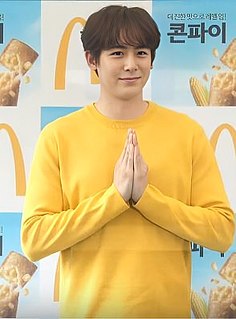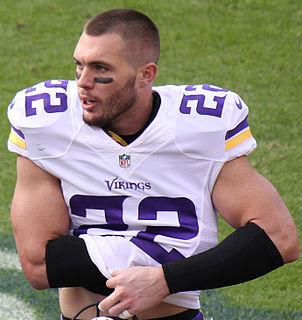A Quote by J.H. Wyman
The way that I work is that I try to work in metaphors, and you can't write a metaphor unless you know where you're going, so I always think about the future.
Related Quotes
I made multiple leaps where there were no guarantees that I was going to be successful. By the way, I was not always successful. But I think if you go into something new with an open mind, and you let people around you know what you don't know, for the most part they're going to link arms with you. So you can't plan a career so closely that you never make a move unless you know that it's going to work. There's always going to be risk involved in change.
I use a lot of similes and metaphors when I work, simply because it's my best way of describing a building or a scene. I'm terrible at describing landscapes - trees, buildings. The inanimate things don't interest me: I always think, "Oh, no, here comes another building I have to describe." So I usually use a simile or metaphor.
The thing is, to try to talk about a performance that will never be seen again, that was only lived by the people there, it's kind of like telling somebody about your dream. You know if they love you they'll listen and smile, but they can't really get it, so there is a certain infinite quality to film that is nice. You do the work and you know it's always going to be there. The flip side is if you do bad work it's always going to be there.
The best way is always to stop when you are going good and when you know what will happen next. If you do that every day ... you will never be stuck. Always stop while you are going good and don't think about it or worry about it until you start to write the next day. That way your subconscious will work on it all the time. But if you think about it consciously or worry about it you will kill it and your brain will be tired before you start.
My poems always begin with a metaphor, but my way into the metaphor may be a word, an image, even a sound. And I rarely know the nature of the metaphor when I begin to write, but there is an attentiveness that a writer develops, a sudden alertness that is much like the feel of a fish brushing against a hook.
I'm not going to tell people how to write, but we do have a skill set, and the more we put ourselves out into the world as poets, as a sort of poet of the tribe, as representatives of metaphor, and try to claim space for metaphor in the inner life, that's going to be important and be helpful to poetry and bring a tension for poets writing about whatever they choose.
Not harder than it should be, no. We're about the business, we're about the work. It's all about the work, always. We have fun and laugh and there're days that are more intense than others, but we're there to make it better. He's always going to try and make it better, I'm always going to try and make it better. So you accept anything, you accept whatever it takes to get it up on the screen and make it worthy.
